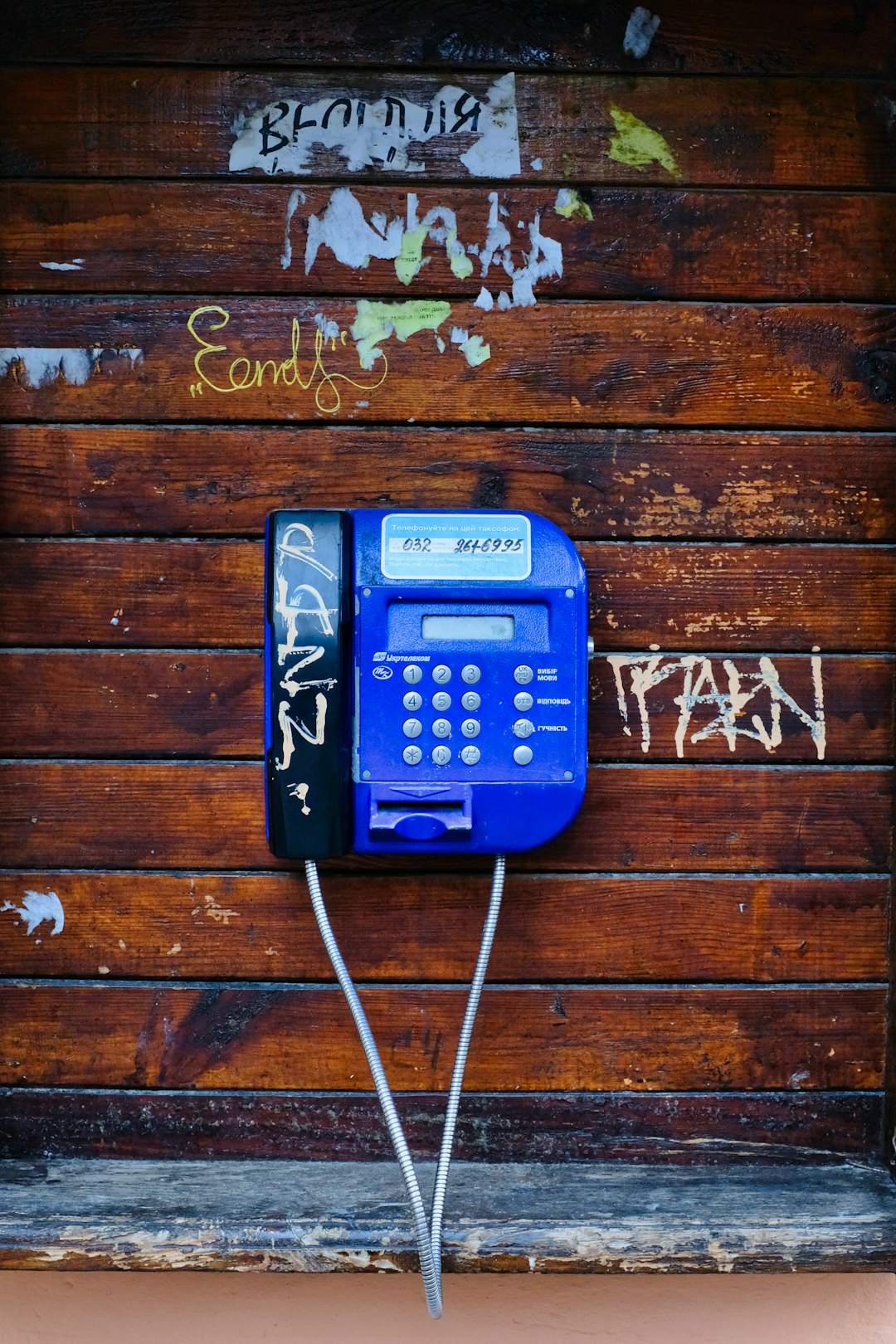Robocalls, while often annoying, serve legitimate purposes but can also violate privacy and be considered harassment in Illinois. The state has strict laws under the Telephone Consumer Protection Act (TCPA) to protect residents from unwanted automated calls. If you've received robocalls without consent or that caused harm, you may have legal options, including suing for damages. Documenting interactions, gathering evidence, identifying infractions, and researching the company are crucial steps before taking action. Effective countermeasures include registering your number on the National Do Not Call Registry and using call-blocking features.
In the digital age, robocalls have become a ubiquitous yet nuisance. This article separates myth from fact regarding robocalls, offering insight into what they are and common misconceptions debunked. We explore Illinois’ legal landscape, including laws and regulations aimed at curbing them. Learn when and how you can take legal action in Illinois if you’ve been harassed by robocalls, and discover effective strategies to stop and prevent these unwanted calls. If you’re wondering, “Can I sue for robocalls in Illinois?” this guide provides answers and guidance.
Understanding Robocalls: What They Are and Common Myths Debunked

Robocalls, a term that has become synonymous with nuisance and fraud, refers to automated telephone calls that use computer-generated voices to deliver pre-recorded messages. While many believe these calls are always malicious, the reality is more nuanced. In Illinois or anywhere else, robocalls can serve legitimate purposes such as appointment reminders, text message alerts, or even political campaign updates. However, they also often violate consumer privacy and rights when used for telemarketing without proper consent or in violation of do-not-call lists.
One common myth is that all robocalls are illegal. This isn’t entirely true. Businesses and organizations may legally use automated calls for specific purposes under the Telephone Consumer Protection Act (TCPA). But when these calls become unsolicited, excessive, or violate a consumer’s privacy rights, they can be considered harassing and grounds for legal action, including suits for damages in Illinois. Understanding the difference between legal and illegal robocalls is crucial before deciding if you can sue for robocalls in your state.
Legal Landscape: Illinois Laws and Regulations Against Robocalls

In Illinois, robocalls are regulated by both state and federal laws designed to protect residents from unwanted telemarketing calls. The Illinois Consumer Fraud and Deceptive Business Practices Act prohibits businesses from using deceptive or fraudulent practices in advertising, promoting, or selling products or services. This includes automated phone systems that leave prerecorded messages without prior consent. Additionally, the Telephone Consumer Protection Act (TCPA) at the federal level offers further protection against robocalls. If you’ve received a robocall in Illinois and believe it violated your rights under these laws, you may have grounds to take legal action. Consider consulting with an attorney specializing in consumer protection or telemarketing disputes to explore your options, including the possibility of suing for damages or seeking injunctive relief to stop future robocalls.
When Can You Sue for Robocalls in Illinois?

In Illinois, there are strict laws in place to protect residents from unwanted robocalls. If you’re wondering can I sue for robocalls in Illinois?, the answer is yes under certain circumstances. The Telephone Consumer Protection Act (TCPA) prohibits automated or prerecorded calls to cellular phones without explicit consent. If you’ve received these types of calls and feel they have caused harm or distress, you may have grounds for legal action.
To sue for robocalls in Illinois, you typically need to demonstrate that the call was made without your permission and that it caused you some type of damage, such as emotional distress or invasion of privacy. Keep records of the calls, including timestamps, call volumes, and any messages left, as these can serve as evidence if you decide to take legal action.
The Process of Taking Legal Action Against Robocallers

Taking legal action against robocallers is a multi-step process that begins with identifying the infraction and gathering evidence. If you’ve received unwanted automated calls in Illinois, the first step is to determine if the call violated any local or state laws. In Illinois, for instance, robocalls are subject to the Telephone Consumer Protection Act (TCPA), which restricts unsolicited calls and messages.
If you believe your rights have been violated, document the calls, including dates, times, and the content of the messages. Save any recordings or texts as evidence. Next, research the company making the robocalls to identify their contact information and legal department details. With this information, you can draft a formal complaint outlining the violation(s) and demanding compensation for any harm suffered.
Effective Strategies to Stop and Prevent Robocalls

Robocalls have become a prevalent nuisance, but there are effective strategies to combat and prevent them. One powerful tool is to register your phone number on the National Do Not Call Registry. This federal list restricts telemarketers from calling residential numbers, offering some relief from unwanted calls. Additionally, many telecommunications companies provide call-blocking features that can automatically filter out known robocallers. Utilizing these tools in conjunction with each other offers a robust defense against intrusive robocalls.
For those who have experienced severe harassment or have been misled by robocalls, the option to take legal action is available. In Illinois, consumers may have grounds for a lawsuit if they can prove that their rights were violated under the state’s consumer protection laws. If you’re considering taking legal action regarding robocalls, it’s crucial to document all interactions and keep records of any associated costs or damages. This evidence can be invaluable when pursuing a claim and determining potential compensation, especially when exploring the possibility of Can I Sue For Robocalls Illinois.






